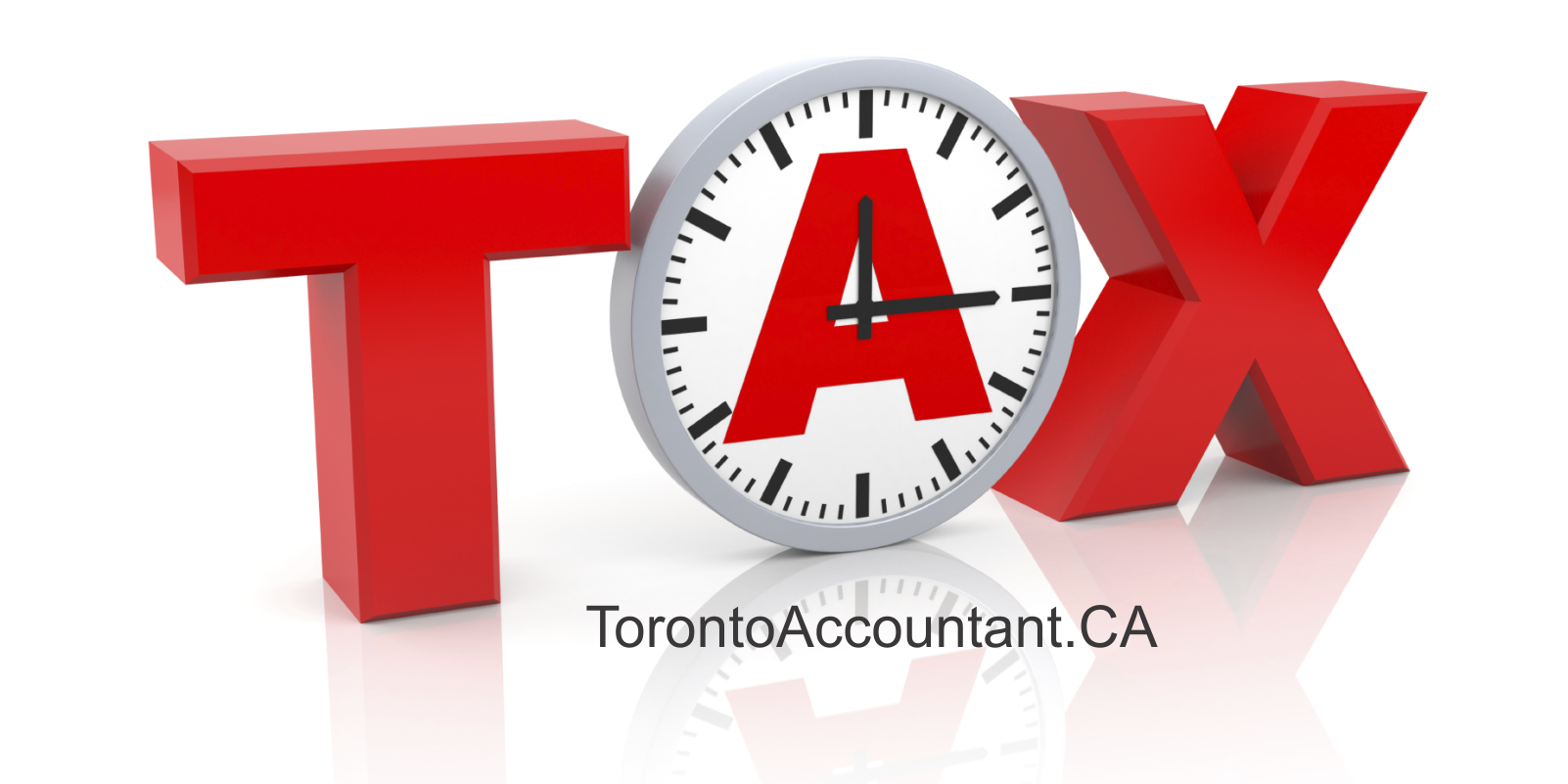When it comes tax time there are many individuals who dread it, but not because they have to complete their tax return, but because they owe money. Many people worry about not only current tax debts but those from previous years.
Often individuals who accumulated tax debt have other financial problems that have got to the point where they are over whelming. This may along with the mounting tax debt lead them into considering bankruptcy.
The problem is the CRA are not going to make this easy. In a bankruptcy quite often secured debts are not cleared and the CRA can take the necessary action to become a secured creditor. They can take this action starting 90 days after your assessment if you have not filed an objection to the assessment. What can happen next is this government body can apply to have a judgement issued, and then they have to register a secured claim against you with the Personal Property Security registry. If the secured claim is real property it will also have to be filed with the Land Registry.
If your tax debt has not had action against it where it has become a secured debt when you apply for bankruptcy, then from that point on your bankruptcy trustee will deal with the CRA.
Keep in mind that if you contemplating on going bankrupt just so you can avoid the tax debt that the CRA can challenge the bankruptcy.
Going bankrupt is a pretty aggressive financial move. When you are under a lot of financial pressure it is hard to think straight and sometimes snap decisions are made.
If you have an accountant, ask them to assist you with understanding just what your financial position is. It may not be as bad as it may seem, and this applicable to both your business situation as well as your personal.
If you have multiple creditors after you attempt to negotiate arrangements with them. Also, speak with your tax agent who is probably one individual who is constantly contacting you regarding your tax debt. See what type of payments or arrangements they will accept. It may turn out that once you have made suitable arrangements with your other creditors you will have enough funds to start applying against your tax obligations.
Remember that the longer you leave your tax debt unattended to, the more it grows. Even if you have a current tax debt, do not avoid filing your current return that is due. Not filing only compounds your debt problem.





